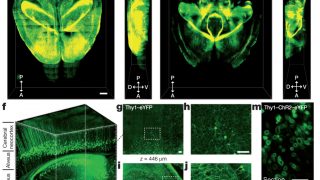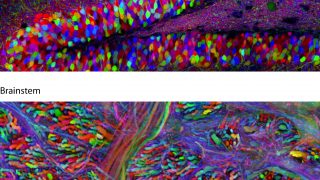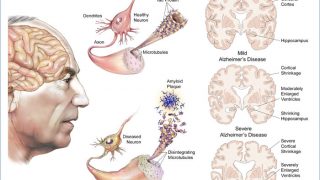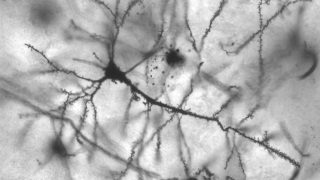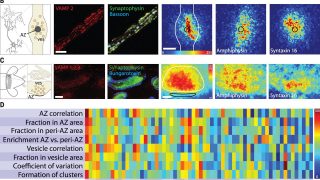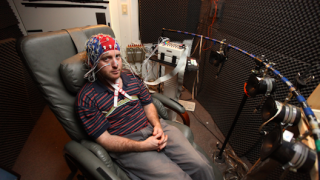
Why smoking pot makes you hungry
Humans have known and used the cannabis plant for as long as 10,000 years. During this time it has been utilized to such different things as to make ropes and clothes, to induce mental states in religious rituals and to treat diseases. Once considered a sacred plant, possession and use of cannabis is illegal in […]
